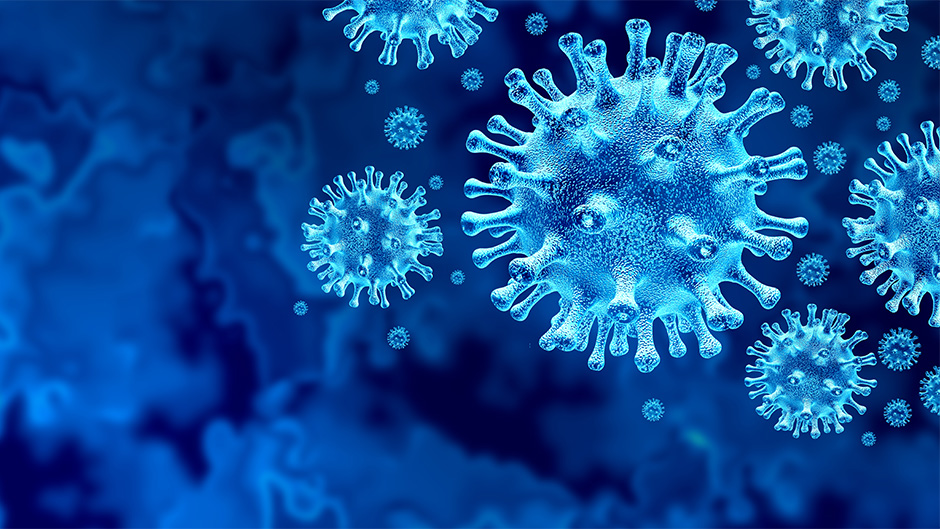For many athletes, 2020 was supposed to be the most important year of their lives. Personally, I had sacrificed and delayed my Crohn’s disease treatment and subsequent stem cell trial and chemotherapy in order to attempt to compete in Tokyo. As athletes, we plan for every circumstance and therefore adapt to the situation. However, no one could have predicted the events that have affected our global society this year with the outbreak of COVID-19. This led to closures of national training centres, gyms, tracks, and swimming pools, meaning athletes could not train. In March, after much international pressure, the International Olympic Committee (IOC) and International Paralympic Committee (IPC) rightly decided to postpone the Olympic and Paralympic Games for a year.
Among many things, numerous athletes questioned the effect of the virus on anti-doping operations and testing. The anti-doping system faced a major dilemma and some sympathy was directed towards WADA as they stated that testing would be greatly reduced due to the travel restrictions. This was justified to protect athletes and staff and limit the spread of the virus. However, concerns were raised, as such measures would give an opportunity to potential cheaters to theoretically dope without fear of being tested. Therefore, like other industries, the system had to adapt to uphold the integrity of clean sport.
Whilst many anti-doping organisations reduced testing, the US Anti-Doping Agency (USADA) attempted to address athlete concerns and implemented an online testing programme. This involves athletes being sent testing kits by USADA and doping control officers (DCO’s) using Zoom or FaceTime to witness the athlete give blood or urine samples. The athlete then sealed the sample and sends it directly to a WADA accredited laboratory. USADA listened to athlete concerns and made sure they adapted and found a way to protect the athletes they served. Regardless of operational and privacy concerns being raised, credit needs to be directed towards USADA for their forward-thinking strategy which could lead to a more robust online testing programme implemented worldwide in the future.
I hope that the anti-doping system has learned the lessons of this unprecedented event and will employ strategies in the future to counter such conditions. Clean athletes will demand a more vigorous and transparent approach going forward. As anti-doping testing approaches some normality, athletes can begin to look forward to the Olympic and Paralympic Games next year, which is being dubbed as ‘The games that will unite the world’. For myself, I am looking forward to seeing how athletes have adapted and will compete next year. They will be the symbol of hope for many around the world and no matter what society is faced with, as individuals, we find a way to achieve our own greatness.

